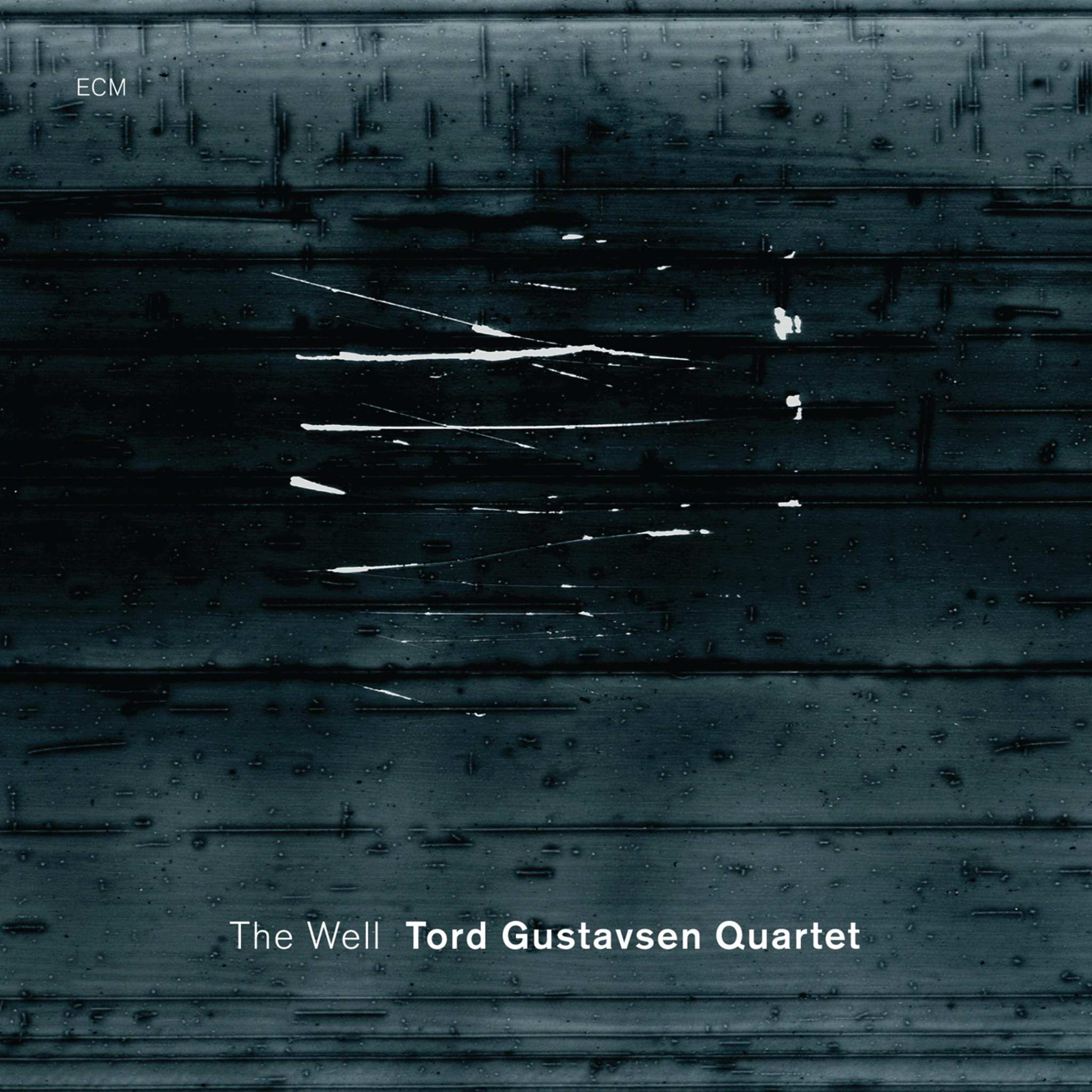Album insights
Als Victor de Sabata am 11. Dezember 1967 im Alter von fünfundsiebzig Jahren verstarb, betrauerte die Musikwelt den Verlust eines außergewöhnlichen Dirigenten. Seine musikalischen Fähigkeiten fanden weltweite Anerkennung, jedoch wussten nur wenige, dass er auch als Komponist Respekt genoss. Schon in jungen Jahren erlangte de Sabata, inspiriert von Toscanini, Anerkennung für seine Kompositionen.
In Triest kam de Sabata im April 1892 zur Welt und zeigte frühzeitig musikalische Begabung. Sein Vater, Amedeo, ein angesehener Musiker, unterstützte seine kreative Entwicklung. Nach seinem Studium in Mailand schloss er mit 18 Jahren hervorragende Prüfungen in Komposition, Klavier und Violine ab. Sein Ansehen als Komponist wuchs rasch, und bereits mit 24 Jahren erhielt er einen Kompositionsauftrag für die Mailänder Scala.
Beruflichen Erfolg erntete de Sabata nicht nur am Dirigentenpult, sondern auch als Schöpfer musikalischer Werke. Er leitete unter anderem die Uraufführung von Ravels 'L'enfant et les sortilèges' in Monte Carlo. Sein internationaler Ruhm führte ihn nach Amerika, und zahlreiche bedeutende Orchester weltweit verpflichteten ihn.
Obwohl de Sabata Tonaufnahmen gegenüber zurückhaltend war, dirigierte er berühmte Operneinspielungen, darunter die legendäre 'Tosca' mit Maria Callas. Seine später nachlassende Gesundheit zwang ihn, das Dirigieren aufzugeben. Trotz seines Rückzugs hinterließ de Sabata Musik, die lange in Vergessenheit geriet. Seine drei sinfonischen Werke geben jedoch Einblick in sein bedeutendes musikalisches Vermächtnis.
Jahrelang wurden die Kompositionen wichtiger italienischer Tonschöpfer, einschließlich de Sabata, vernachlässigt. Bedauerlicherweise konnte sein kompositorisches Talent nach seinem Rückzug nicht weiterentwickelt werden. Die drei orchestralen Meisterwerke demonstrieren seine ungenutzte Begabung als Komponist und verdienen umfassendere Würdigung.
Seine sinfonische Dichtung 'Die Nacht des Platon', das besinnliche Poem 'Gethsemane' und das sinfonische Gedicht 'Juventus' bieten Einblick in de Sabatas künstlerisches Schaffen. Jedes Werk zeichnet sich durch tiefe Emotionalität, musikalische Brillanz und künstlerische Meisterschaft aus, die seine ungenutzte Genialität offenbaren.



